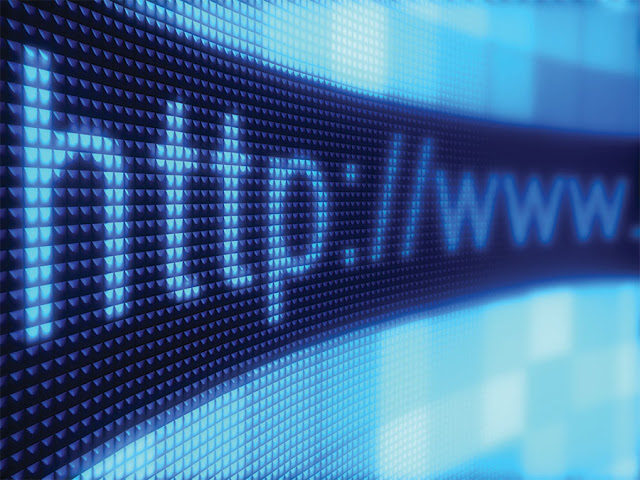Mis-informed...
There's an awful lot of misunderstanding and misinformation out there about just what the 'internet' actually is. I think I've touched on this topic before, but a couple of things have made me sit up and take notice this week. From the frankly inane, cf. Nadine Dorries' pronouncement that her department aims to make the UK's 'internet' the safest 'internet' in the world: as the Secretary of State for Digital, Culture, Media & Sport - itself a rag-bag of, in reality, too-diverse-to-put-in-a-box-categories - you would think a basic understanding of the topics in hand would be a handy thing to have before expounding to the press. But no.
It's common enough to hear phrases such as "...my internet's not working..." from most people, whose experience of the 'internet' is simply and virtually the same as consuming stuff on TV or talking via a phone: the fact that all three spheres of communication are now tied inextricably together, largely thanks to Apple's influence over the development of the technology and its ecosystems, serves further to muddy the cognitive waters. But Dorries should understand and know better: she's paid damn' good taxpayer's money so to do. Whilst I don't really pay her or frankly any of the Cabinet much mind apart from my ire at the sheer waste of us having to employ such dullards in our 'service', I do mind that others in rather more august and right-thinking places also fall foul of the misapprehensions and false mythologies that abound regarding the 'internet'.
Once such example came to light in the very journal I take weekly for the quality of its journalism and its on-the-side-of-the-angels editorial policy: The New Statesman. The piece in question is by Bruno Macaes, entitled, '"Will the internet's third iteration free our virtual selves from Big Tech's control?"' Aside from the issues of Elon Musk's attempted takeover of Twitter for whatever reason he might have (money, probably), and the omnipresence (-prescience) of Google, Facebook, etc., the basic premise of the article re-writes the actual, historical facts.
Web 2.0 was not built by Google, Facebook, or any of the corporates that exploited it and the technologies that support it. Further, the idea that the 'internet' was conceived of as some kind of alternative to '...television or newspapers...' is so far off the mark as to be almost as risible as Dorries' idea of 'our British internet'. The internet was developed as a military/academic communications system that would be robust enough to withstand an all-out nuclear war between Soviet Russia and the West. Even when Tim Berners-Lee came up with the idea of the World Wide Web - a friendlier extension to the more austere protocols and systems that had already been in existence for thirty years or so, it was for the purpose of the easier dissemination of academic documents.
Web 2.0 came about because of two main drawbacks with the original system: lack of search - you had to know the exact address of anything to actually find it - and a complete lack of generally agreed standards as to how anything appeared in whatever competing browser you happened to be using. This latter ensured that anyone visually impaired, for instance, was completely locked out of participating in the 'internet' as there was no way a braille screen reader could possibly have worked at the time with the code that displayed stuff onscreen for sighted users. Add to this the radical differences between browsers over how stuff was ordinarily displayed to a user, and it was no great surprise that most things fell over - a lot.
Web 2.0 was developed out of this chaotic ethos, not because of the ambitions or intellectual efforts of Zuckerberg or any of the other chancers who've made fortunes out of turning what was an intellectual and rather fun playground into a cut-throat corporate shark-pool - they simply exploited the Web 2.0 standards that made the 'internet' work 'properly'. As to Web 3.0 and the dream of decentralizing the whole thing again with blockchains? Dream on, that one's already firmly in the crosshairs of the bastards, and anyway, the technology is about as green as plutonium. The only way back to the dream days of the early (Web 1.0) 'internet' is by pulling the plug on the whole thing, and, even if it were possible - and it's not - that would tank the (developed) world's economy. Might level up the playing field for the rest of the world, though: just a thought...




Comments
Post a Comment